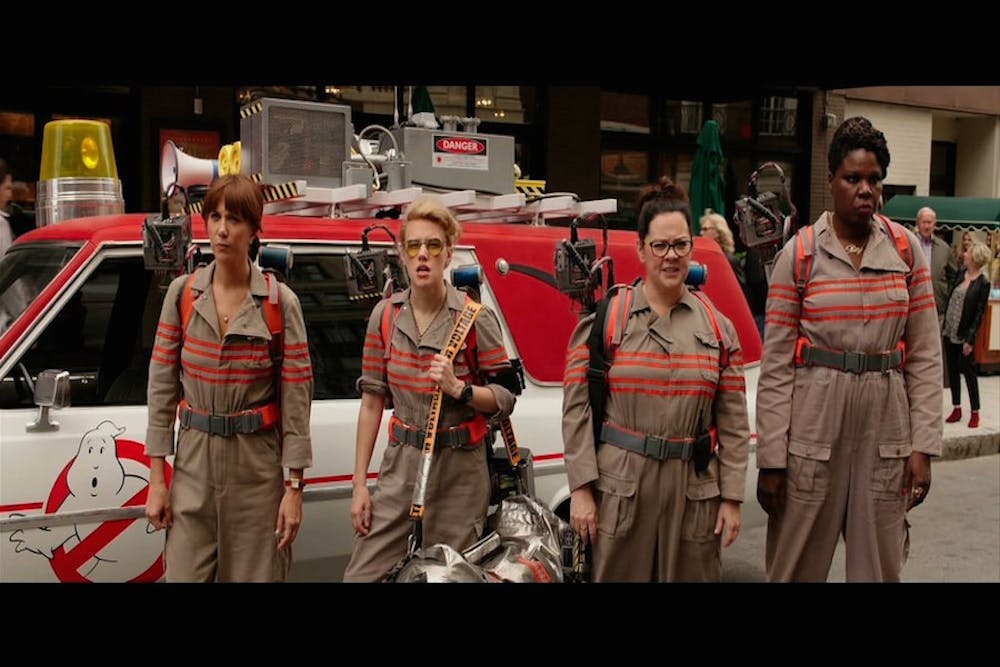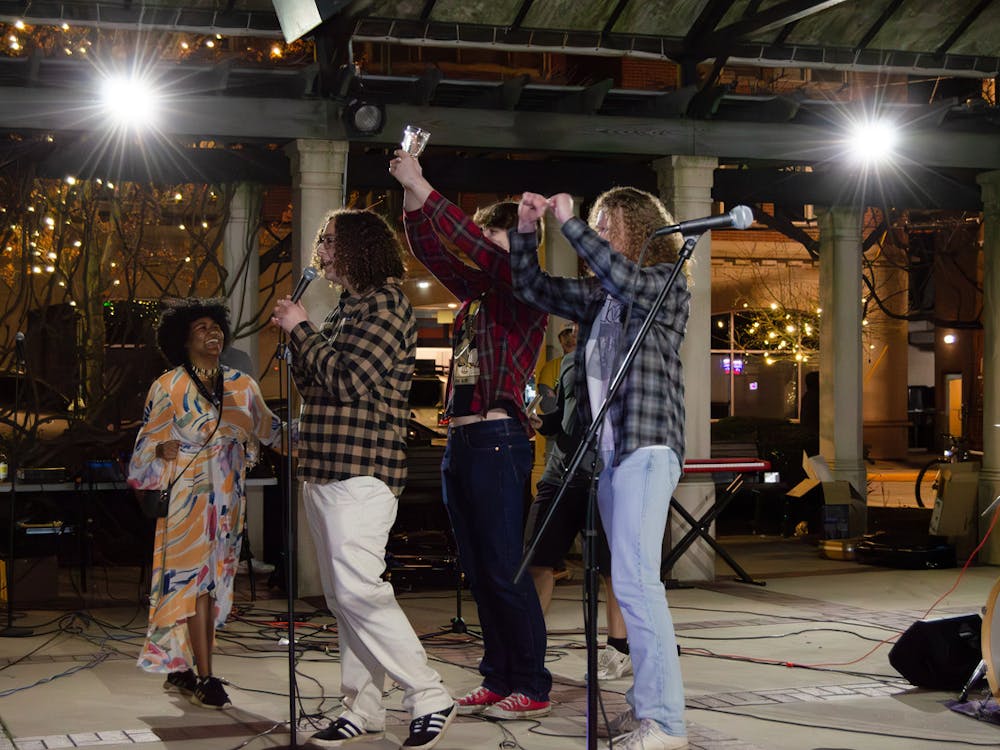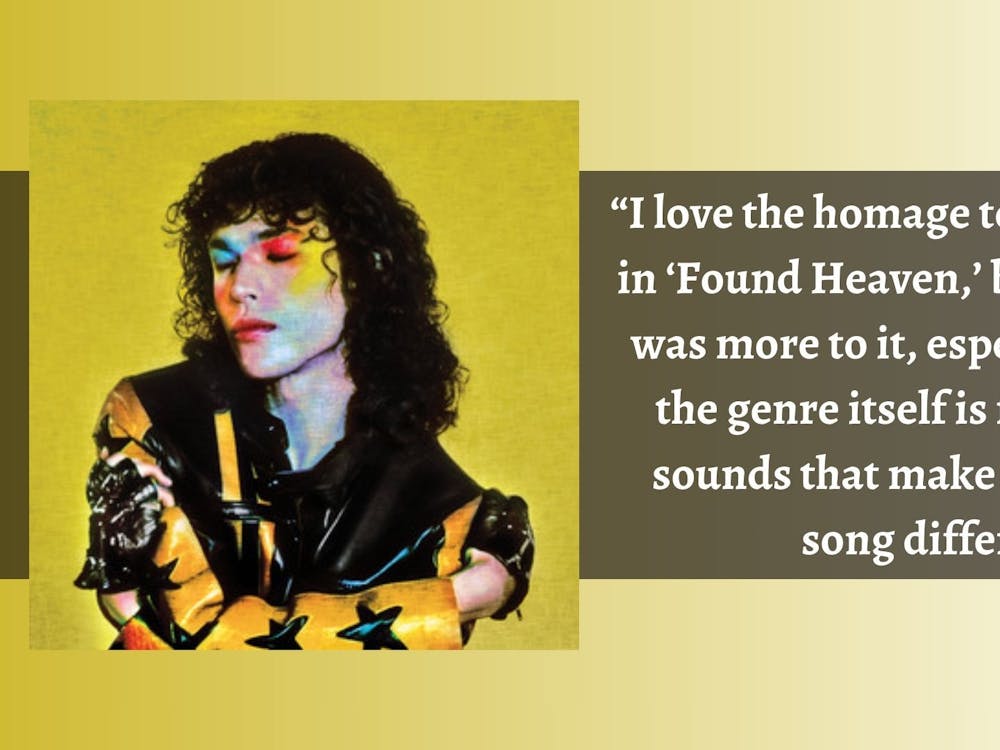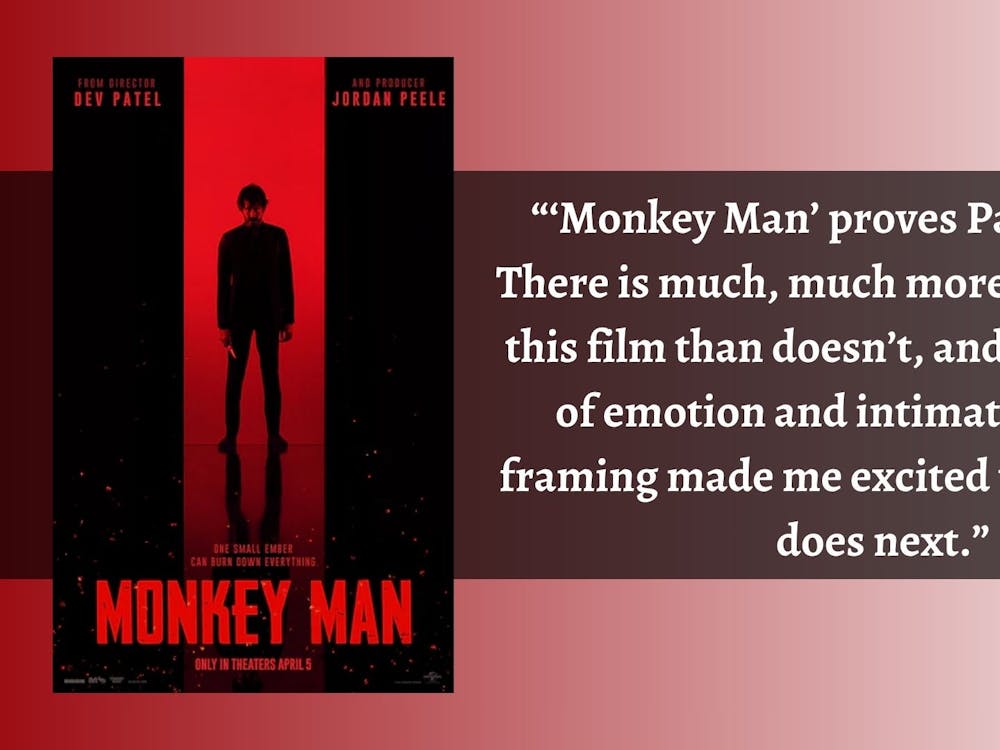By Ross Tague, THE MIAMI STUDENT
It's no secret that audiences love remakes.
Just look at the statistics. According to Box Office Mojo, seven of the 10 highest-grossing films of 2016 were either remakes of previous films or sequels to existing films. Whether it's due to nostalgia, interest in the interpretation or familiarity with the story, one thing is certain: remakes sell.
The most talked-about remake currently circulating is Netflix's "A Series of Unfortunate Events," which was released Jan. 13. The season includes eight episodes, two for each of the first four novels in Lemony Snicket's A Series of Unfortunate Events.
We've already seen the Baudelaire children on screen with the 2004 film of the same name, yet their return via streaming brought an average of 3.8 million viewers each minute, according to Movie Pilot. While Neil Patrick Harris as the star might have increased viewership, the show's success likely has to do with the fact that we've already known the Baudelaires for quite some time. Theirs is a familiar story, and it's one we've been wanting to go back to for years.
"Series" holds fourth place in terms of Netflix opening weekend viewership, behind "Gilmore Girls: A Year in the Life" with 4.9 million viewers, "Orange is the New Black" season four with 5.8 viewers and "Fuller House" season one with 7.3 million viewers. No surprise there - mostly remakes.
More often than not, remakes offer their own special take on the existing story, whether that be a modified plot, extra scenes or a modernization of the original. Take 2016's "The Jungle Book" or "Ghostbusters." Criticism aside, both films put their own spin on iconic stories while introducing some new element to rope in modern audiences.
"The Jungle Book" gave us Mowgli's adventures with Baloo in a highly successful live-action remake, which alone was enough to bring in the fifth-largest domestic gross in 2016. "Ghostbusters," on the other hand, gave us a female-led cast reminiscent of their 1984 male counterparts. While the latter was not received well by critics, it was enough to secure the nineteenth-highest domestic gross last year.
Audiences eat up remakes, and it's likely due to their expectation that they will mirror the quality of the originals. Going to the theater to see a remake is a nostalgic experience, and it's undeniably an exciting one.
The most anticipated film of last year was "Rogue One," the eighth film addition to the "Star Wars" franchise and the year's highest-grossing film domestically -- an impressive feat given its late release. While it was a new story, the plot revolved around a certain destructive space station that's already had substantial time on the big screen. "Rogue One" serves to bring understanding to the original "Star Wars" story and thus recreates much of the same familiar material.
Of course, prequels and sequels are not remakes per se, though their success still relies on the previous achievement of existing films.
The entire Marvel franchise has brought in over $21 billion with its films, all remakes of their comic book counterparts. The Marvel Cinematic Universe will only continue to expand with nine films planned through 2019, culminating in the long-awaited "Avengers: Infinity War", which, you guessed it, already exists in comic form.
Enjoy what you're reading?
Signup for our newsletter
Remakes are nothing new. They've been around for years, dating back to the 1983 rendition of the 1932 film, "Scarface," or the 2004 take on 1978's "Dawn of the Dead." Audiences have always been drawn to existing stories retold in new ways, and Hollywood has caught on, dishing out more remakes than ever to the big and small screens.
Upcoming remakes in the next few months alone include "Beauty and the Beast," "Kong: Skull Island" and "Power Rangers."
Filling the theaters with remakes is not a bad thing, though it does bring into question the value Hollywood puts on original content. In an era where most successful films are a continuation or recreation of existing stories, what does that mean for storytelling in general? Are original stories simply not good enough anymore to bring in crowds?
In a world of remakes, it's important to continue to support original stories. However, it's also important to celebrate successful remakes and reflect back on what made those original stories so great in the first place.




